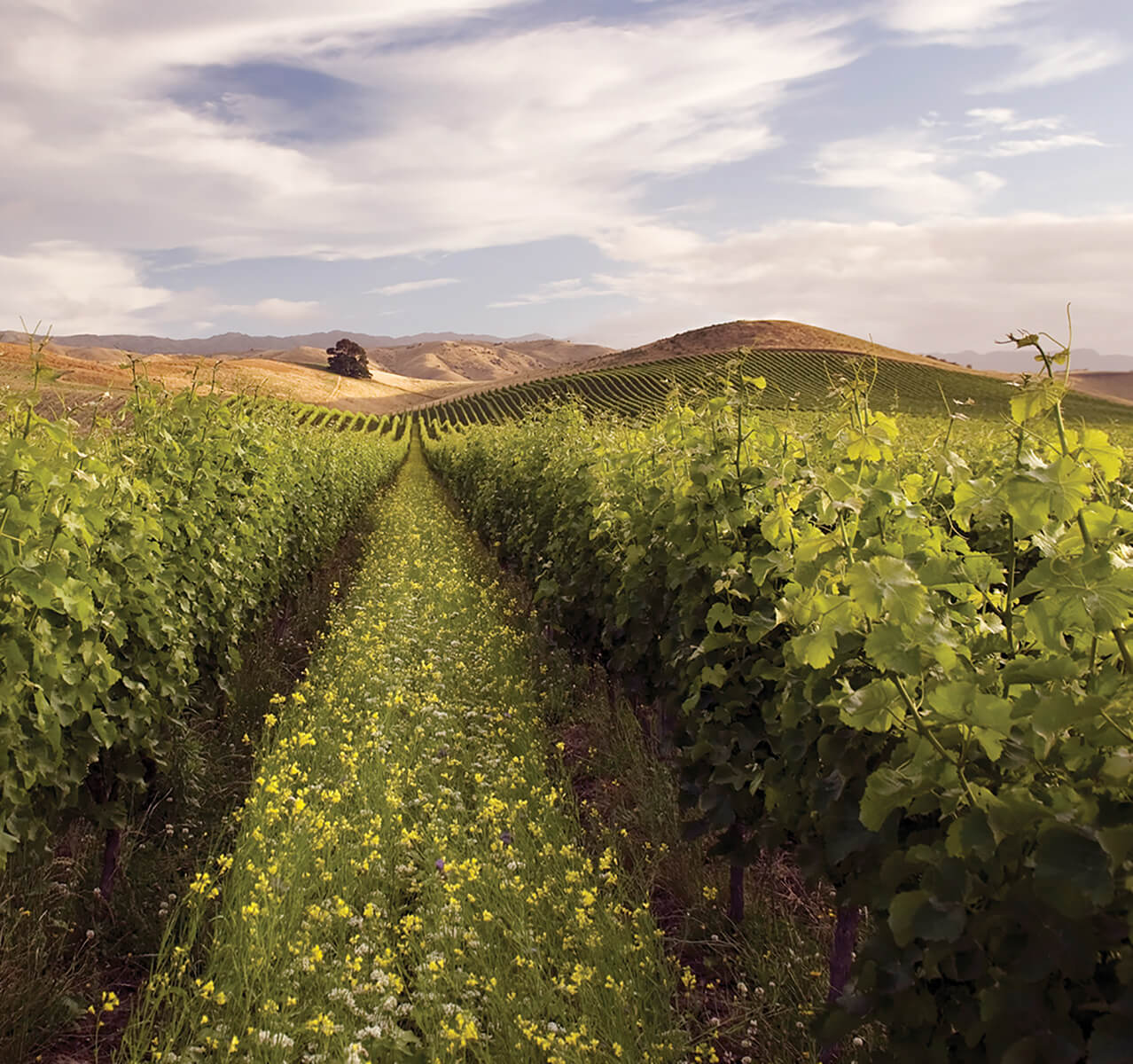Grape varieties take all the credit for wine flavour, but yeast plays a starring role as well. Just as there are hundreds of wine grape varieties, there are hundreds of wine yeast varieties and each one affects wine’s flavour in unique ways.
Most wines are made using commercial yeast strains that have been cultivated in a lab, freeze-dried and then added to the grape juice in the fermentation tank. This gives winemakers more control over the finished product as they can choose particular strains to impart different qualities to the wine.
But some wineries are experimenting with wild yeasts — sometimes called native, indigenous or natural yeasts — and natural or unaided fermentation, where the wine is allowed to ferment spontaneously with whatever yeasts happen to be present in the environment.
“The yeast is the mother of the wine,” says Ezra Cipes, who is the second generation of Summerhill Winery in the Okanagan Valley. “The type of yeast has a major effect on the character of the wine and, when you use commercial yeast, it makes the wine more generic. Wines made with natural fermentation can have a real purity and clarity of flavour.”
Summerhill made its first wild yeast wine in 2013, a year after it obtained the Demeter biodynamic certification. It uses wild yeast and natural fermentation as a scorecard for its vineyard.
“If the grapes are really sound and have integrity, you should be able to get clean wine through natural fermentation without adding anything,” Cipes says. “However, not all fruit can do this.”
In wines made with commercial freeze-dried yeasts, the winemaker must also add nutrients to support the yeast during fermentation. If nutrients are lacking, fermentation can produce a range of unpleasant or nasty flavours, like H2S (hydrogen sulfide), which give terrible sewer gas odours.
Kevin Judd, winemaker of Greywacke in New Zealand, uses wild yeasts for many wines in his portfolio. Some are made wholly with wild yeast, whereas others are partially fermented this way. “Wines made with wild yeast tend to be less about pure fruit expression,” Judd says. “The wines tend to have more individuality and personality.”
